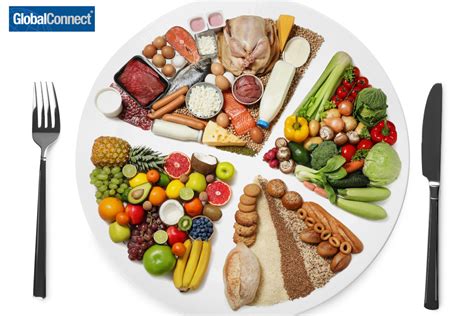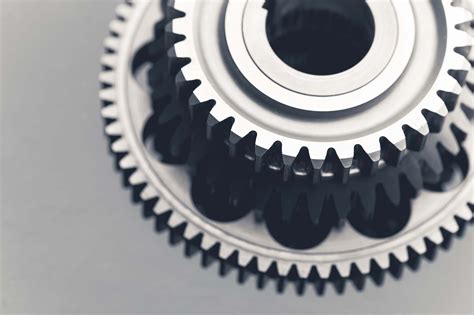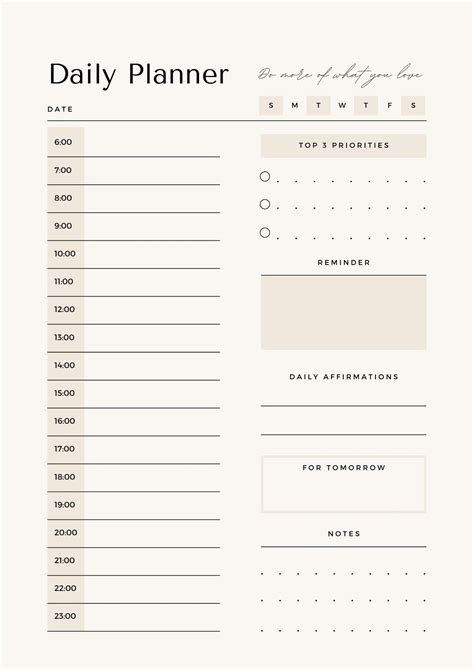Beyond basics, how can men naturally boost testosterone for peak vitality?

Testosterone is a cornerstone of male health, influencing everything from muscle mass and bone density to mood, energy levels, and libido. While the internet is awash with basic advice like “eat well and exercise,” many men seek a deeper dive into how they can naturally optimize their testosterone for truly peak vitality. Moving beyond the obvious, let’s explore advanced, science-backed strategies to help your body produce and utilize this vital hormone more effectively.
Advanced Nutritional Strategies for Hormonal Balance
Your diet isn’t just about fuel; it’s a powerful tool for hormonal regulation. Beyond generic healthy eating, specific nutrient intake and food choices can significantly impact testosterone production.
Targeted Micronutrients are Key
- Zinc: Crucial for testosterone synthesis, often depleted by intense exercise. Rich sources include oysters, beef, pumpkin seeds, and spinach.
- Vitamin D3: More than just a vitamin, it acts as a steroid hormone. Adequate sun exposure or supplementation is vital, especially for those in northern latitudes.
- Magnesium: Plays a role in over 300 enzymatic reactions, including those involved in testosterone production. Found in leafy greens, nuts, seeds, and dark chocolate.
- Healthy Fats: Cholesterol is a precursor to testosterone. Ensure your diet includes healthy saturated and monounsaturated fats from sources like avocados, olive oil, nuts, and grass-fed meats.
Furthermore, cruciferous vegetables like broccoli and cauliflower contain indole-3-carbinol, which helps the body metabolize estrogen, potentially allowing more free testosterone to circulate. Limit processed foods, excessive sugar, and alcohol, as these can negatively impact hormone levels and overall metabolic health.
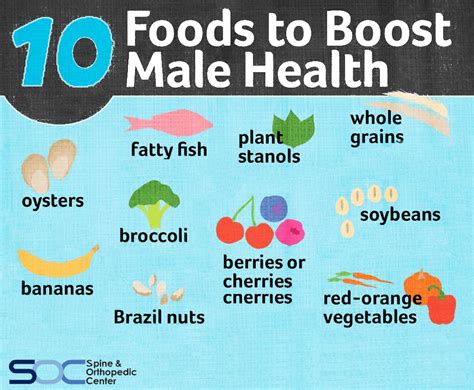
Optimize Your Training for Testosterone Gains
Exercise is foundational, but how you exercise matters. Not all workouts are created equal when it comes to boosting testosterone.
Embrace Compound Lifts and HIIT
- Heavy Compound Lifts: Exercises that engage multiple muscle groups simultaneously, such as squats, deadlifts, bench presses, and overhead presses, trigger a significant hormonal response. Aim for progressive overload with challenging weights.
- High-Intensity Interval Training (HIIT): Short bursts of maximal effort followed by brief recovery periods have been shown to elevate testosterone levels, often more effectively than prolonged moderate cardio.
Avoid chronic, long-duration cardio, which can sometimes increase cortisol (a stress hormone that counteracts testosterone) if not properly managed. Crucially, prevent overtraining. Adequate recovery is just as important as the workout itself; pushing your body too hard without sufficient rest can lead to a dip in testosterone.

The Power of Sleep and Stress Management
Often overlooked, sleep quality and stress levels are paramount for hormonal health. Chronic sleep deprivation and high stress can wreak havoc on your testosterone.
Prioritize Deep, Restorative Sleep
Testosterone is primarily produced during sleep, particularly during the deeper REM cycles. Aim for 7-9 hours of high-quality sleep nightly. Strategies include:
- Maintaining a consistent sleep schedule.
- Creating a cool, dark, and quiet bedroom environment.
- Limiting screen time before bed.
- Avoiding caffeine and heavy meals late in the evening.
Mastering Stress to Protect Your Hormones
When you’re stressed, your body releases cortisol. Elevated cortisol levels suppress testosterone production. Incorporating stress-reducing practices into your daily routine is vital:
- Mindfulness meditation or deep breathing exercises.
- Spending time in nature.
- Engaging in hobbies or activities you enjoy.
- Ensuring work-life balance.

Beyond the Obvious: Lifestyle Factors
Several less-talked-about environmental and lifestyle factors can influence your hormone profile.
Minimize Endocrine Disruptors
Exposure to xenoestrogens – synthetic chemicals that mimic estrogen – found in plastics (BPA, phthalates), pesticides, and personal care products can disrupt hormonal balance. Choose glass containers, use natural cleaning products, and opt for organic foods when possible.
Sunlight Exposure (Vitamin D)
As mentioned, Vitamin D is crucial. Regular, sensible sun exposure (without burning) is the most natural way to boost your Vitamin D levels, which in turn supports testosterone production.
Maintain a Healthy Body Composition
Excess body fat, particularly around the waist, can increase the activity of aromatase, an enzyme that converts testosterone into estrogen. Reducing body fat through diet and exercise is a direct way to improve your testosterone-to-estrogen ratio.
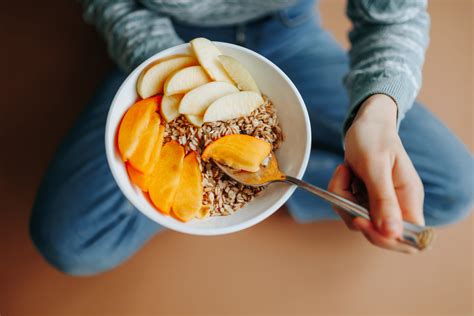
Conclusion: A Holistic Path to Peak Vitality
Boosting testosterone naturally for peak vitality isn’t about quick fixes or isolated interventions. It’s about adopting a holistic, consistent approach that encompasses smart nutrition, strategic exercise, restorative sleep, effective stress management, and mindful lifestyle choices. By systematically addressing these areas, men can optimize their natural testosterone production, unlock greater energy, mental clarity, and overall well-being. Always consider consulting with a healthcare professional before making significant changes to your diet or exercise regimen, especially if you suspect a hormonal imbalance.



